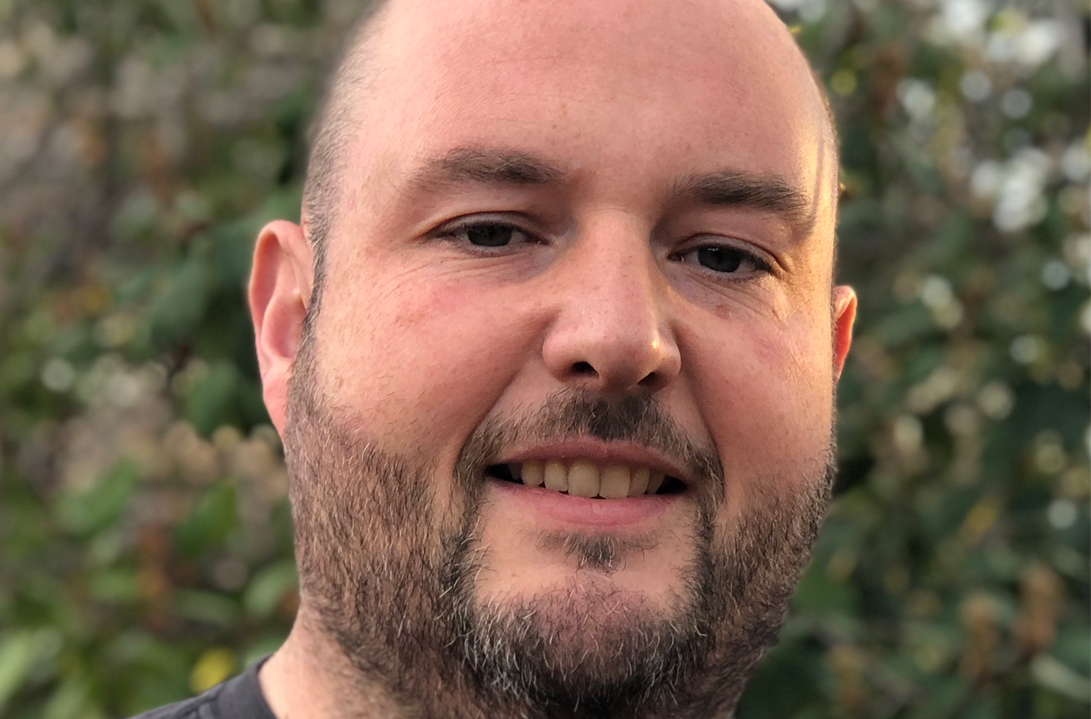
WildCRU Deputy Director and Senior Research Fellow
Dr Darragh Hare
PROFILE
I combine applied and basic research to study controversial issues in biodiversity conservation. My applied research focuses on conservation conflicts: acrimonious, morally fraught divisions over wildlife conservation and governance. I collaborate closely with non-academic conservation professionals working on real-world conflicts. We use quantitative methods to measure people’s attitudes, beliefs, and policy preferences, and use results to propose practically orientated ways to improve outcomes for biodiversity and people. I have ongoing projects in Scotland (deer management, woodland restoration, potential reintroduction of Eurasian lynx), the United States (deer management, wildlife decision-making and governance), and southern and East Africa (human-wildlife conflicts, protected areas management, community-based natural resource management, hunting).
My basic research asks whether the theory of evolution by natural selection can explain why environmental problems arise and why they persist. I am particularly interested in the evolution of environmental morality: individual-level beliefs, intuitions, attitudes, as well as social norms about what is right and wrong regarding other species and the environment more generally.
I collaborate with ecologists, psychologists, evolutionary anthropologists, and evolutionary biologists to measure and analyse how people think about wild organisms, develop formal evolutionary models of adaptive conservation behaviours, and investigate how people’s evolved moral psychology promotes pro- or anti-conservation behaviours.
I have an MA(Hons) in moral and political theory from the University of Glasgow and a PhD in Natural Resources from Cornell University. I worked in public policy for nine years before starting my postgraduate work. I retain a keen interest in public policy and collaborate with conservation professionals across sectors to help design socially and ecologically responsible systems of wildlife governance.
I am affiliated with Cornell University’s Center for Conservation Social Sciences, Department of Natural Resources and the Environment, and Atkinson Center for Sustainability. I am working to establish long-term research collaborations between Oxford and Cornell, supported by the Brettschneider Exchange Fund. From 2019-2021 I was an adjunct assistant professor of evolutionary anthropology at the University of New Mexico.